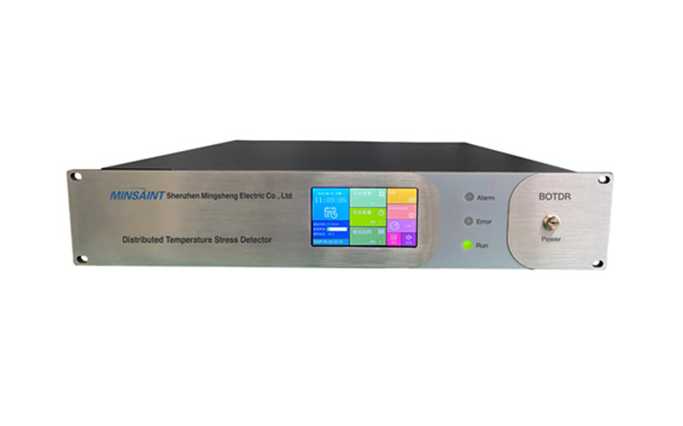As the leaves begin to fall and the outdoor landscape transforms, many homeowners and landscaping professionals turn to leaf blowers for efficient yard maintenance. However, a common question arises: do leaf blowers need oil changes? This article delves into the intricacies of leaf blower maintenance, focusing on oil changes, and provides practical insights to ensure your equipment runs smoothly and efficiently.
Understanding Leaf Blower Types
Before addressing the oil change question, it’s crucial to understand the different types of leaf blowers available on the market. Leaf blowers can be categorized into three main types: gas-powered, electric, and battery-operated. Each type has its own maintenance requirements, particularly concerning lubrication and oil changes.
- Gas-Powered Leaf Blowers: These machines are typically more powerful and suitable for larger areas. They operate using a two-stroke or four-stroke engine, which significantly influences oil maintenance practices.
- Electric Leaf Blowers: Generally lighter and quieter, electric models do not require oil changes since they are powered by electricity and have fewer moving parts.
- Battery-Operated Leaf Blowers: Similar to electric models, these are also low-maintenance and do not require oil changes, but battery care is essential for optimal performance.
Oil Changes in Gas-Powered Leaf Blowers
For gas-powered leaf blowers, the question of oil changes becomes pertinent, especially for those equipped with four-stroke engines. Here’s a breakdown of the oil maintenance process:
- Understanding Engine Type
- Two-Stroke Engines: These engines mix oil with fuel, eliminating the need for separate oil changes. However, users must ensure they use the correct oil-to-fuel ratio as specified by the manufacturer. Regularly check the fuel mixture for consistency and quality.
- Four-Stroke Engines: These engines operate on a separate oil system, similar to that of a car. They require regular oil changes to maintain engine health. Typically, it is recommended to change the oil after the first 20-50 hours of operation and then every 50-100 hours thereafter, depending on usage and manufacturer guidelines.
- Signs That Oil Needs Changing
Monitoring the oil condition is crucial. Here are some indicators that it may be time for an oil change:
- Dark or Dirty Oil: Fresh oil is typically amber in color. If the oil appears dark or gritty, it’s time for a change.
- Unusual Engine Noise: If the engine starts making unusual noises, it could indicate insufficient lubrication due to old oil.
- Decreased Performance: A noticeable drop in power or efficiency can signal that the oil is no longer effective in lubricating the engine components.
The Importance of Regular Maintenance
Regular maintenance, including oil changes, is vital for prolonging the life of your leaf blower. Here are some benefits of adhering to a consistent maintenance schedule:
- Enhanced Performance: Fresh oil ensures that the engine runs smoothly, providing optimal power and efficiency.
- Reduced Wear and Tear: Regular oil changes minimize friction between engine parts, reducing wear and prolonging the lifespan of the machine.
- Cost Efficiency: Investing time in maintenance can save money in the long run by preventing costly repairs or replacements.
Additional Maintenance Tips for Leaf Blowers
In addition to oil changes, consider the following maintenance practices to keep your leaf blower in top condition:
- Air Filter Cleaning: Regularly check and clean or replace the air filter to ensure proper airflow and engine performance.
- Spark Plug Inspection: Inspect the spark plug for wear and replace it as needed to ensure reliable starting and operation.
- Fuel Quality: Use fresh fuel and consider adding a fuel stabilizer to prevent degradation, especially if the blower will be stored for an extended period.
- Storage Practices: Store your leaf blower in a dry, cool place, and consider draining the fuel if you won’t be using it for a while.
Conclusion
In summary, whether leaf blowers need oil changes largely depends on the type of engine they use. Gas-powered leaf blowers, particularly those with four-stroke engines, require regular oil changes to maintain optimal performance. By understanding the maintenance needs of your specific leaf blower and adhering to a regular maintenance schedule, you can ensure that your equipment remains reliable and efficient for years to come. Remember, a well-maintained leaf blower not only saves you time and effort but also enhances the overall quality of your yard work.





